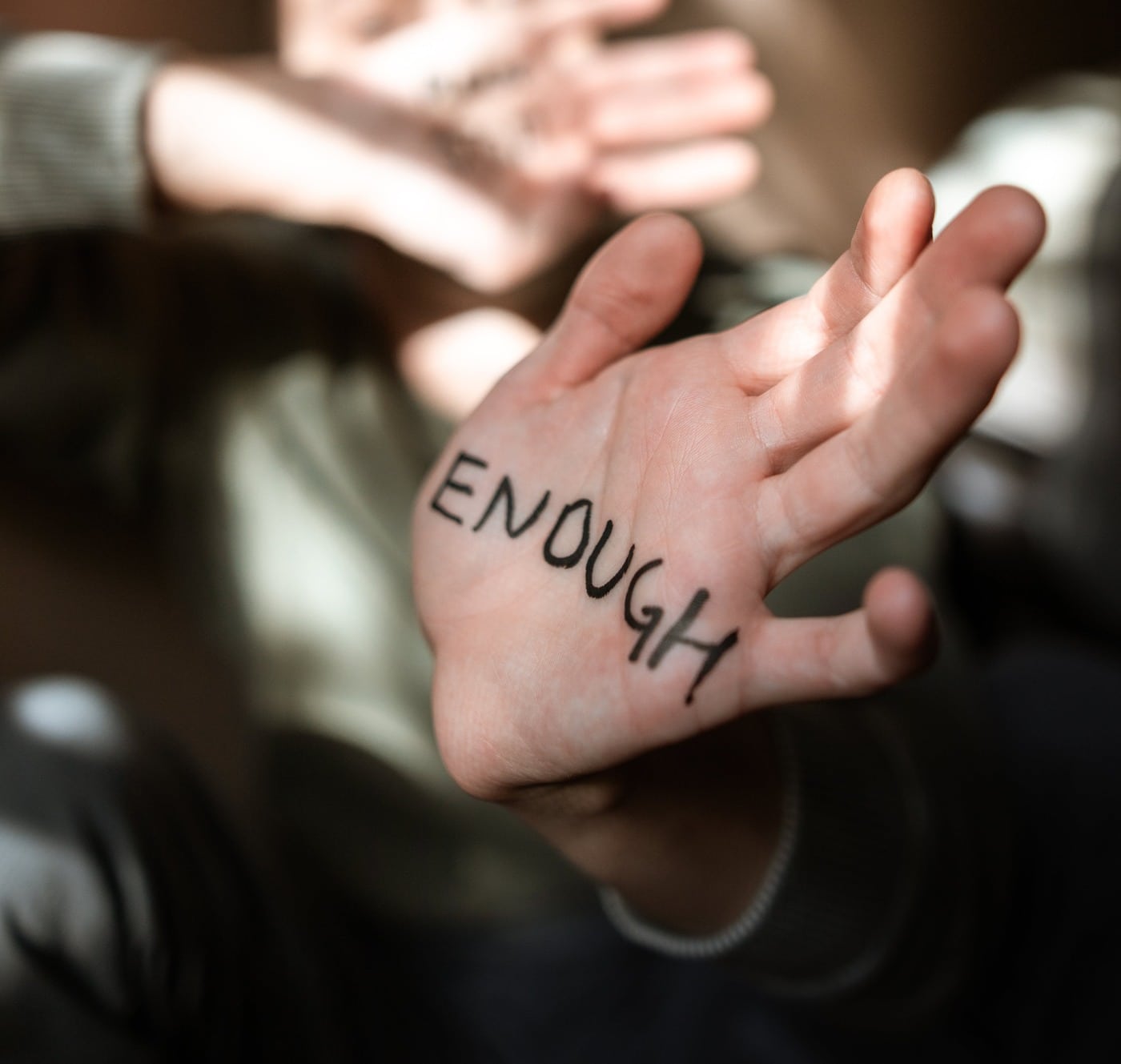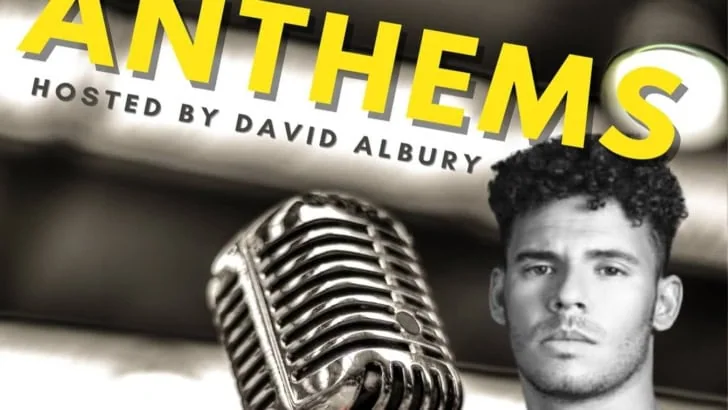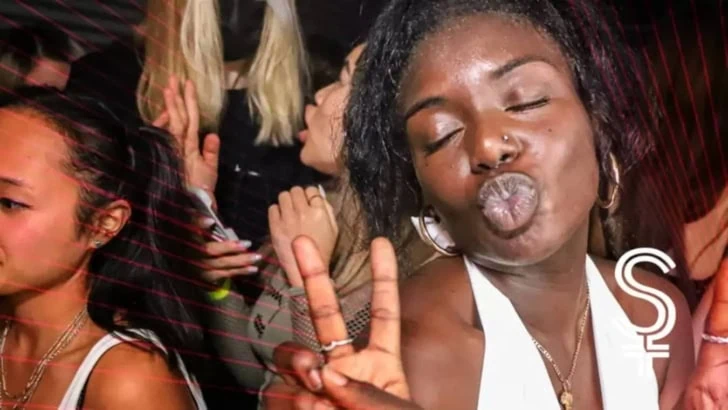LGBTQIA+ couples are reported to be happier in their marriages and relationships than heterosexual couples, but, as we know, divorce and civil partnership dissolution does still happen.
The most recent statistics (2020) show that 42,000 gay couples married in England and Wales, but in 2021 there were 1,571 same-sex divorces – an increase of 36% on the year before. 67% of these were between female couples.
Whilst divorce is rarely an easy process, even for couples who separate on good terms, there are some challenges that couples in the LGBTQIA+ community can face that are not necessarily shared by their heterosexual counterparts.
Money on your mind?
Finances are one of the most important, and sometimes contentious, issues in divorce. It is important to get legal advice to understand your position and legal rights.
The legal and financial positions are the same whether you are an LGBTQIA+ couple or a heterosexual couple. In divorce, it is always recommended that you obtain a financial order which brings all financial claims to an end.
Financial orders outline how both parties will divide their sole and joint assets upon dissolution or divorce. This will include looking at the party’s properties, pensions, savings, investments, liabilities and maintenance.
However, some couples may face difficulties when trying to decipher what assets they have a claim over, due to cohabitation pre- marriage or civil partnership.
Cohabitation
Cohabitation, as many will know, is the fastest growing family type in the UK. For some LGBTQIA+ couples, they may have cohabited for longer before their marriage than a heterosexual couple (although of course this is not always the case).
Money and assets can build up over time, and if the couple chooses to marry at a later stage, these elements may be considered in divorce proceedings. Complications can crop up over ownership of specific assets such as inheritance, or chattels such as jewellery (interestingly, pet also fall under ‘chattels’.)
There is no such thing as a ‘common law marriage’ and if you are in a cohabiting relationship but not married or in a civil partnership, you do not have the same legal rights as those who are. A cohabitation agreement might be a way to resolve this which can then be transferred into a pre-nup if you decide to get married.
Who gets the kids in LGBTQIA+ divorce?
Child arrangements in divorce can be a real challenge for LGBTQIA+ couples, often more so than for heterosexual couples (where the child is biologically related to both parents), as it is often the case that a child is only biologically related to one parent.
In cases where a baby is born via a surrogate, whichever method is followed, the surrogate is automatically the baby’s legal birth parent, and if she is married, then her partner is the baby’s parent too. A parental order then needs to be sought to transfer parental rights to the intended parents (i.e., you and your partner).
Parental responsibility can be obtained in other birth circumstances if you are put on the baby’s birth certificate or through applying for parental responsibility.
All of this is important because without parental responsibility, you have no automatic rights to child custody if you and your spouse get divorced.
If you make an application to the court in respect of a child, the welfare of the child remains paramount throughout. The court will look at:
- The ascertainable wishes and feelings of the child (considering the child’s age and understanding);
- The child’s physical, emotional and educational needs;
- The likely effect on the child of any change in his or her circumstances;
- The child’s age, sex, background, any other characteristic which the court considers relevant;
- Any harm which the child has suffered or is at risk of suffering;
- How capable each of the child’s parents, and any other person in relation to whom the court considers the question to be relevant, is of meeting the child’s needs;
- The range of powers available to the court under the Children Act in the proceedings in question;
- There is also a presumption that the court should not intervene unless it is in the best interests of the child.
Man’s (person’s) Best Friend
Increasingly we are seeing many couples, especially those within the LGBTQIA+ community, choosing to have pets over having children.
Pets, particularly cats and dogs in the UK, can replace children if a couple cannot have or decides against having children. Although the couple may see their pet as their child, the law considers them to be ‘chattels’, essentially meaning they are the same as objects.
Over ¼ of divorces (27%) involved disputes over the custody of a pet in 2021 and it this is only increasing.
For couples in the LGBTQIA+ community, these disputes can be even more emotionally charged because of the status the pet holds in the family.
Some couples are using ‘petnups’ – a version of a prenup – to decide on pet ownership in the event of a divorce or relationship breakdown, though these are not legally binding.
The Reality
Divorces are increasing in the UK year-on-year and whilst LGBTQIA+ couples are reportedly happier, it is important for couples to be aware of their legal and financial rights, as well as what obstacles they might face if divorce does occur.
Harriet Donovan is a lawyer at Stowe Family Law

















